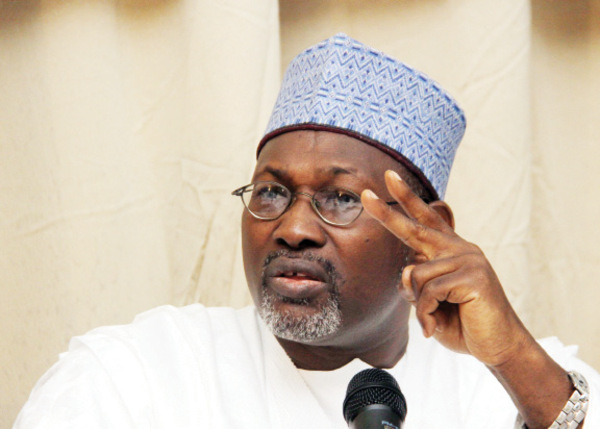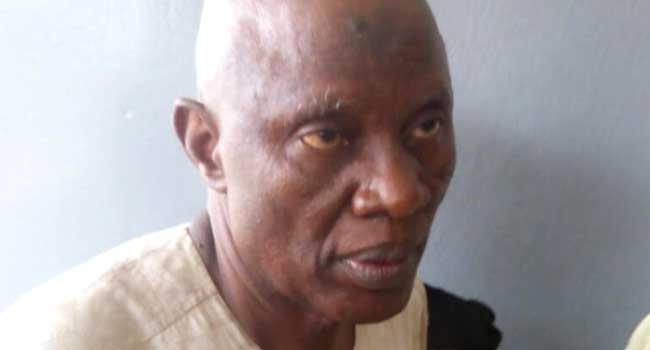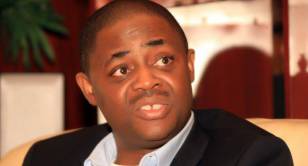Electoral officers that are always disenfranchised during the nation’s general elections may have their chance at casting their vote in the 2015 general election.

Pro Jega made this known in response to questions by a member of a group of ‘Young Experts on Get-to-Know ECOWAS’, that visited him in Abuja on Thursday.
A statement by the Chief Press Secretary to the INEC boss, Mr. Kayode Idowu, quoted Jega as saying, “one of the imperfections of our elections really has been the disenfranchisement of electoral officers.”
“Unfortunately, we have not been allowing electoral officials/polling officials as well as security officials to vote on Election Day while they were discharging their duties. And this is something that we have already taken decision on. We will correct it by the time we get to 2015 elections” he declared.
“But you see, we have conducted elections in an atmosphere of suspicion, fears and worries – where electoral officials have been accused or have come under severe allegations of manipulating the process.”
Despite the optimism, Prof Jega also highlighted potential issues that can lead to crisis by allowing the polling agents cast their votes during the election. “If we (in 2011) introduce something that had not been done in the past in Nigeria, with regard to allowing the electoral officials to start voting or to vote after the polling had closed as it is done in other countries, it would have added to the suspicion and worries of manipulation.”
He however argued that allowing electoral officers to vote would enhance the credibility of the electoral process.
“I was privileged to chair the ECOWAS Observer Mission to the Liberian presidential election in 2011 and I was fascinated by how all electoral officials were allowed to vote.”
“Even the drivers who took us round were given an opportunity to vote, with special exemptions and things like that. So it can be done; many countries do it; we will do it.
Prof Jega also explained why such elections could not hold during the 2011 elections, saying “we couldn’t do it in April 2011 because we wanted to reduce the baggage of suspicion and fears and allegations. We have taken a decision about doing that for the future.”
The Young Experts on Get-to-Know ECOWAS’ group was led on the visit to INEC by the Friedrich Ebert Stiftung Foundation.




